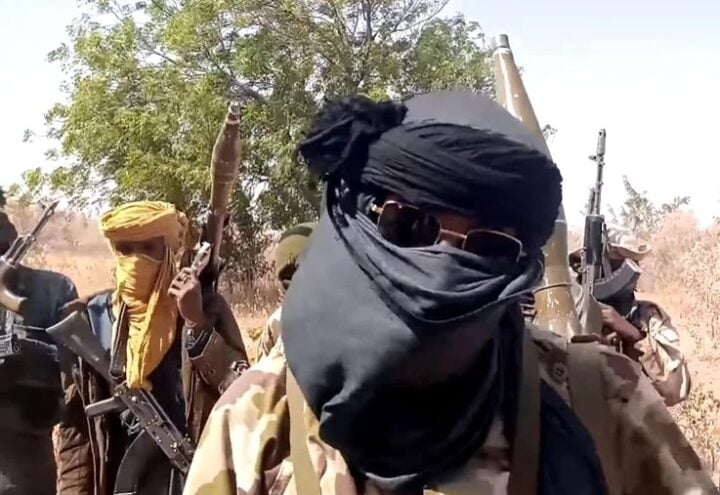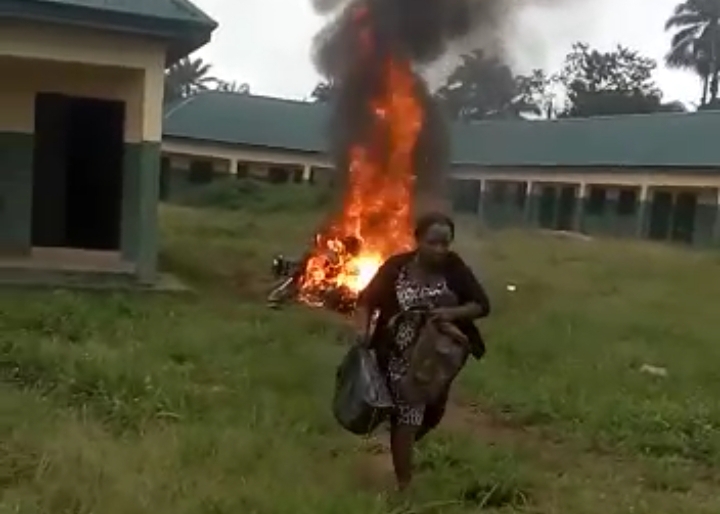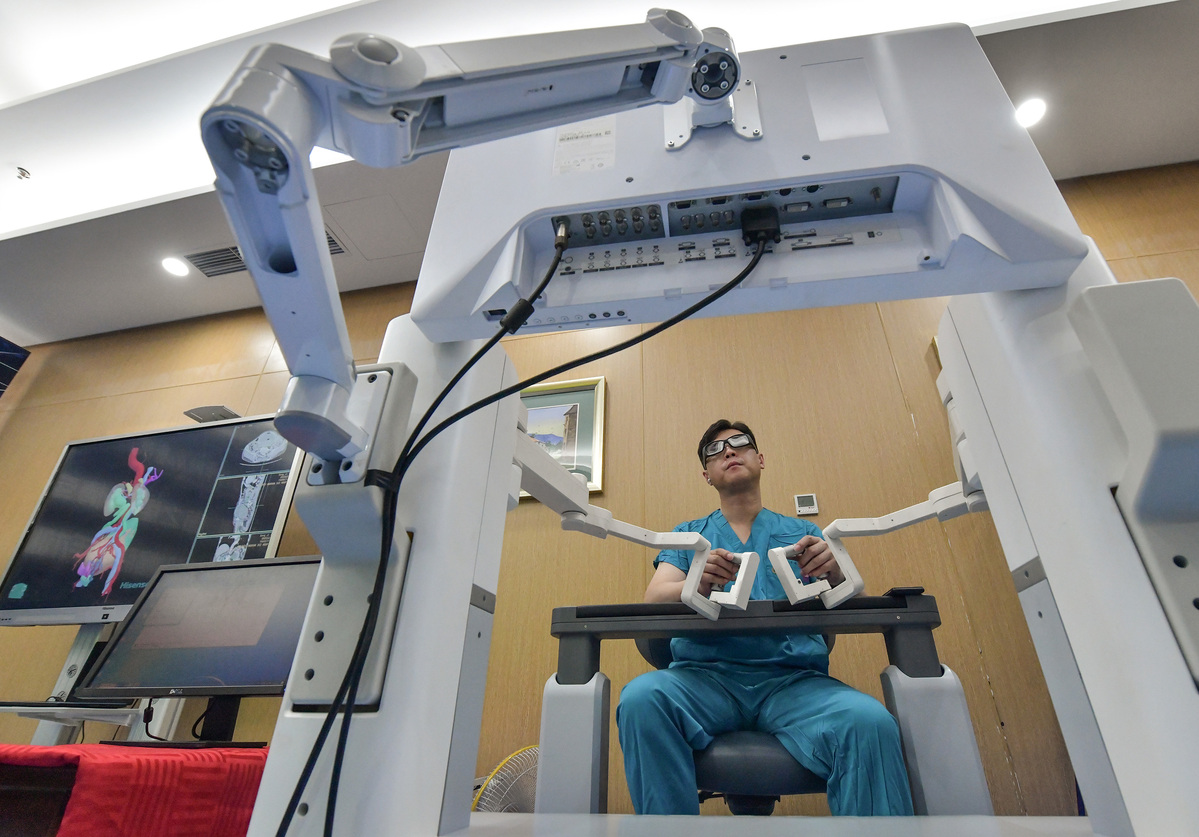BY MUKHTAR YA’U MADOBI
Nigeria is currently battling with security-related crises which have defied all possible solutions, ranging from efforts of the law enforcement agents and the millions annually budgeted by the government as security votes.
Insecurity in Nigeria poses threat to life and property, hampers business activity, and discourages local and foreign investors, thereby leading to a deficit in the country’s social and economic growth and development. The country has been experiencing a rise in the level of insecurity since gaining political independence in 1960. Recently, insecurity has assumed a dangerous dimension that is threatening the country’s corporate existence. This is occasioned by booming banditry and kidnapping industries in the north-west and north-central regions.
This has undoubtedly sent a lot of promising lives to their early graves while plunging a host of others to untold hardships that were unexpected. Thus, the time is much ripe for the concerned authorities to rise against these bottlenecks with a view to surmounting the challenges totally.
Advertisement
Pundits and other security experts have over the years and time without number made several proposals regarding the solution to the daunting security challenges bedeviling the country. However, it seems that the hydra-headed problem has defied all measures taken in order to nip the crises in the bud. Nevertheless, it is still not late for the government and stakeholders to return to the drawing board in order to sketch a viable method of ending this problem so as to secure the country from the hands of these blood-sucking demons-kidnappers, terrorists, and other criminal elements.
Therefore, conquering these challenges should be Nigeria’s government’s top priority at all levels because the nation cannot achieve any significant development while grappling with a myriad of insecurity challenges. Governments need to be proactive in resolving security issues and threats by modern methods of intelligence gathering and sharing, preparation, logistics, encouragement, and the implementation of advanced technology to address security challenges.
Most importantly, corruption has penetrated Nigeria’s socio-economic, security, political and educational institutions and is the antithesis of progress and development as it creates political instability, social unrest, and a crime-infested environment. It also breeds inefficiency, incompetence, mediocrity, unethical values, and other negative instincts in man such as greed, malice, envy, avarice, and rapacity. The government should, therefore, unconditionally devise workable means of addressing this heinous act across its organs.
Advertisement
Provision of employment to graduates and their counterparts through creating empowerment opportunities is very significant, as jobless youths are constantly becoming targets of criminal elements for recruitment. The private sector must be encouraged and supported to create the much-needed jobs. Constant electricity supply will no doubt boost employment and increase productivity.
Training and retraining of officers must be carried out on a regular basis with a special focus on human rights, weapon handling, communication skills, new interrogation techniques (torture is outdated), exposure to new equipment and technology. Also, the provision of state-of-the-art equipment and appropriate remuneration, good service conditions, and convenient after-service arrangements will be good incentives to the security operatives in boosting their morale towards discharging their mandates efficiently.
Securing the porous national borders through manning with special security outfits will surely curb the proliferation of small arms and light weapons (SALWs) as well as gun trafficking. Thus, the establishment of the National Centre for the Control of the Small Arms and Light Weapons (NCCSALW), which is domiciled under the office of the national security adviser (ONSA), a retired major general, Babagana Monguno, is very important.
The running of good governance is another remedy for the insecurity challenge in Nigeria. Analysts posited that the war against insecurity would be won only by raising governance standards, that is a situation where the government is responsible and accountable to the people. Good governance is a function of effective, visionary, transparent, trustworthy, and credible political leadership whose driving force is an improvement in the collective well-being of the citizens through well-conceived, effectively implemented economic policies and human development programmers.
Advertisement
Government must also adopt a multi-stakeholder approach to solving security challenges in the country where traditional and community leaders, pressure groups, civil society organizations, academics, media personnel, and security experts will have a synergy in areas of intelligence gathering, information sharing, and early warning signals in matters related to security around their communities. To that effect, there is a need for the establishment of community policing within each divisional police headquarters for effective management of insecurity.
Additionally, the government should employ the use of print and digital media, and preach to the public through conferences, seminars, and NGOs about the importance of living in harmony and peace with one another irrespective of religious, political, tribal, or regional affiliations. This is very crucial because it will curtail the rising spread of separatist agitations and militancy across the country.
Mukhtar wrote from Kano via [email protected]
Advertisement
Views expressed by contributors are strictly personal and not of TheCable.
Add a comment






